The National Service Act of 1948 which came into force on January 1 1949 obliged all young men reaching the age of 18 – and passed fit – to serve for 18 months in one of the armed forces. Most of my classmates at school chose the available option of deferring call-up until after university, but I preferred to go for service first. When an announcement at morning assembly offered those who by accident of birthday date could enter service before reaching 18 and thereby delay university for only one rather than two years, I accepted the offer. Passed fit in the medical examination, I recall no choice of service to join, but left school at the end of the Easter term 1949 on an Order to join the 17 Training Regiment of the Royal Artillery at Oswestry on 7 April, as one of National Service entry group 4907.
Provided with a rail travel warrant, I arrived in North Wales with other young recruits after an overnight rail journey from the old Caledonian station in Edinburgh. Worn, grubby and tired after sitting upon a sleepless overnight journey, we were shouted at for the first time as herded at Gobowen Station into trucks to carry us to our initial weeks of training and sifting at Park Hall Camp. Cut to the scalp by military barbers, issued with kit and my army number of 22127006 which over 70 years later is instantly recalled and more readily memorable than current car registration or cash machine PIN numbers, it was a hard day after a sleepless night. Exhausted, we were pliable as the army wished us to be.
The following fortnight of indoctrination, intelligence and other tests and collective bullying was much alleviated for the Scottish recruits when – on the initial weekend confined to barracks to polish new brasses, to blanco new webbing and to attempt to shine the toes of ugly black boots – the Tannoy speaker system in the huts brought commentary on Scotland’s victory over England at Wembley in the then annual football international. In the next weeks, as screaming and insults descended on the parade ground from raw young lance bombardiers with only a few months service of their own, we could look them in them eye and in the afterglow of Scotland’s success deflect their exaggerated abuse adopted to beat us into obedient shape.
In the programme of intelligence and aptitude tests filtering us into streams useful to the Artillery, it was a surprise to learn that national servicemen might receive officer training. An invitation to apply for selection came, but following instruction to write an essay on ‘Adventure’ and subsequent interviews with a senior officer, a gap could be seen between official expectations and those of we frequently reluctant conscripts. Some colleagues chose to go ahead to further tests of their ambitions of command and of officer selection, but several declined. Some might have observed an impossible gap between the events and aftermath of the war ending scarcely four years before and the idea of service life as an opportunity for ‘Adventure’. Others’ brief experience of National Service was already enough to have seen evidence of the environment of army attitudes towards youthful national service officers, ranging thorough disdain from experienced officers, contempt from regular gunners including veterans with wartime experience, on to amusement and generous pity from long service sergeants.
An early introduction to army inefficiency came when our indoctrination as artillerymen continued by visiting the Trawsfynydd firing ranges. After an overnight in Nissen huts on a sodden, rainy hillside, the morning came with the realisation by those responsible that they had brought no fuses that were essential to firing the 25 pounder guns. Only subsequently at summer camp with my territorial unit on Salisbury Plain did I experience the Royal Artillery’s principal purpose of delivering shells, rather than of locating their sources in enemy lines as I would be trained to do.
Wet and abortive weekends in Wales were to mark both the beginning and end of my service, as I found out some seventeen months after the Trawsfynydd fiasco when I again made a fruitless trip to the Principality.

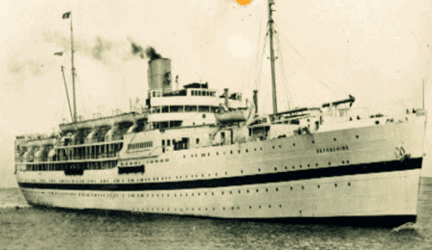
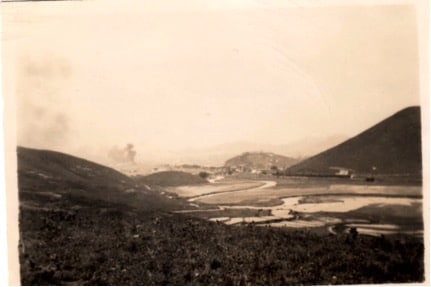
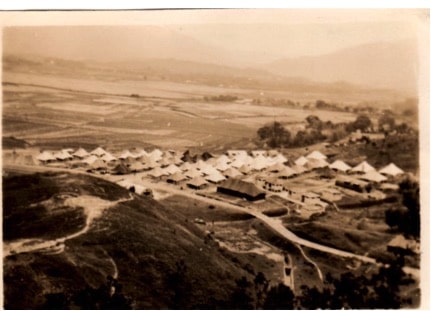
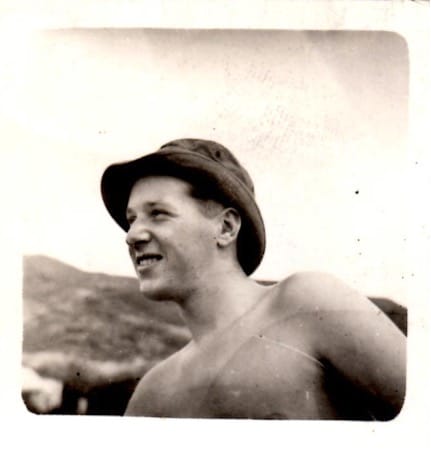
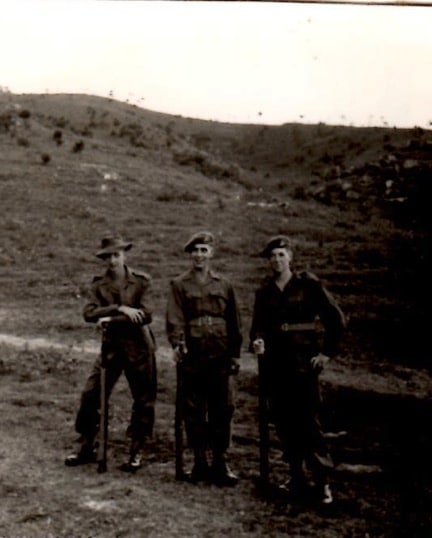



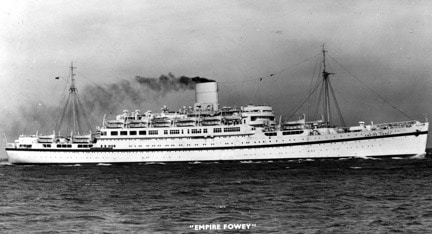

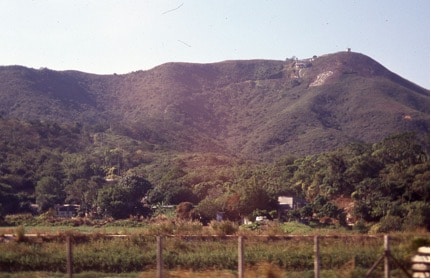
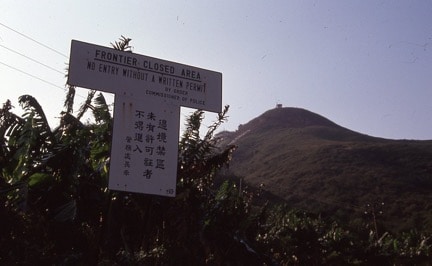
Recent Comments